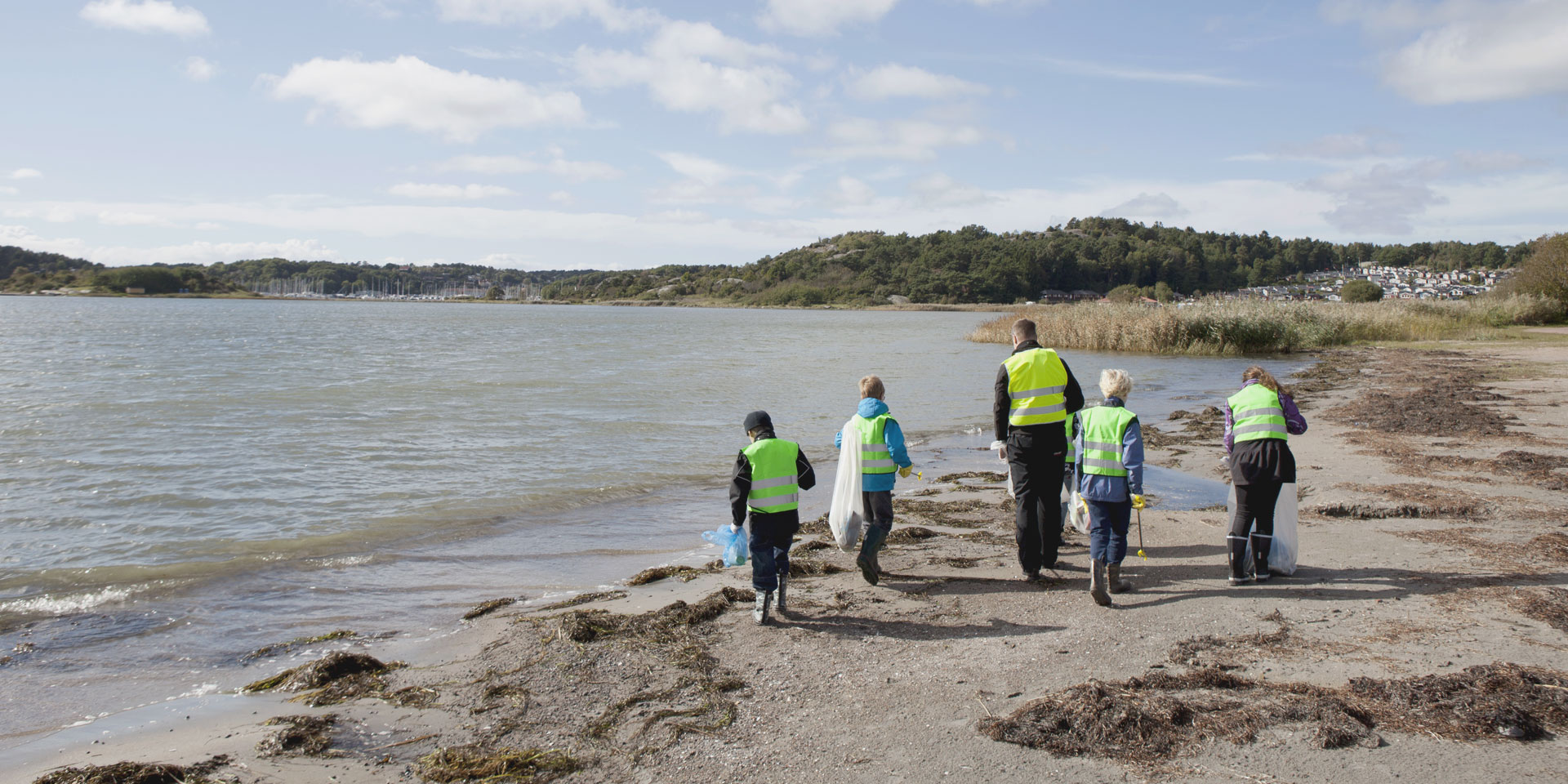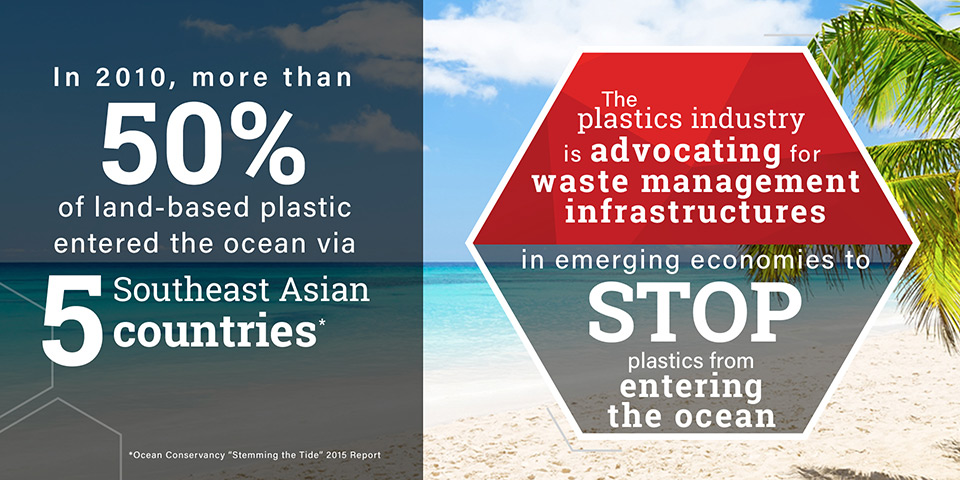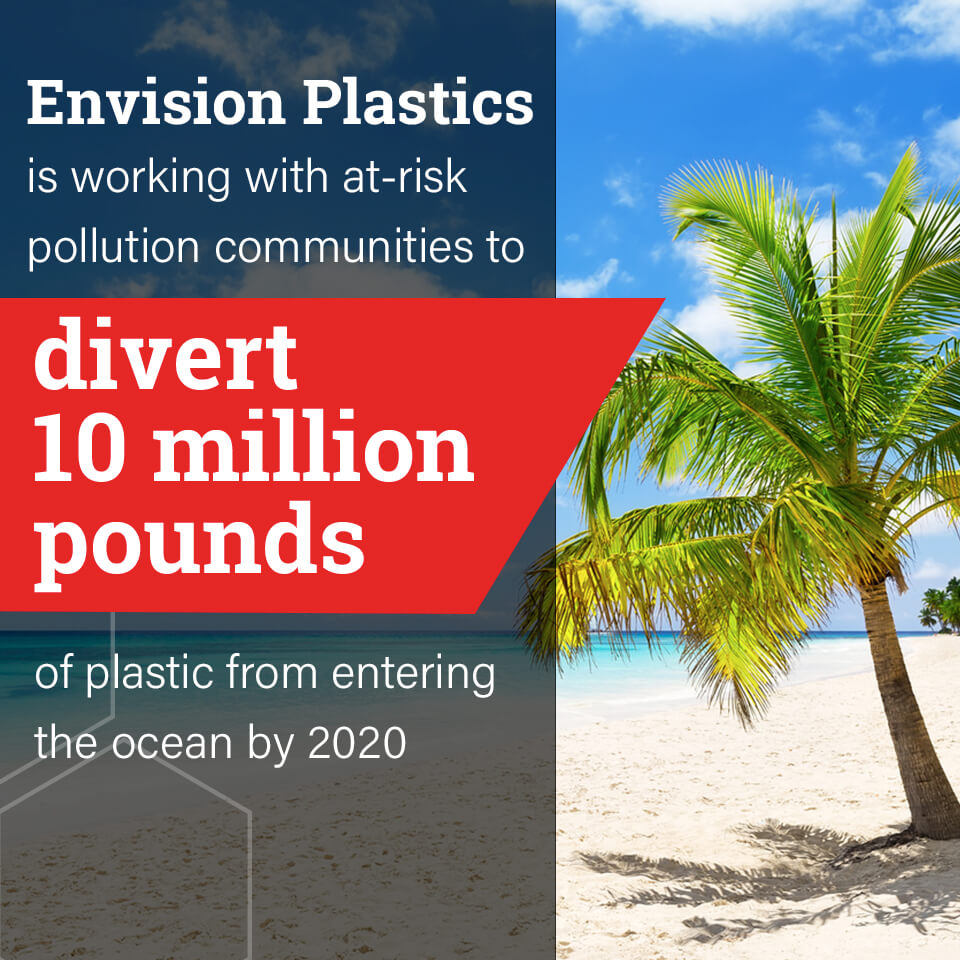Marine debris is a major problem, and the plastics industry is working to be part of the solution.
Where does the majority of marine debris come from?
The origin of the majority of marine debris might surprise you. Discarded fishing nets, called “Ghost Nets,” make up almost half of all debris in the ocean. And 20% of the total volume of trash floating at sea is debris from the 2011 tsunami that hit Japan.
Countries with poor waste infrastructure also contribute to the problem. In fact, more than half of all land-based plastic waste that entered the ocean in 2010 came from five countries in Southeast Asia.
What is the plastics industry doing about it?
The plastics industry recognizes that marine debris is a global issue and is collaborating with associations and entities worldwide to provide education, tools and resources to build and improve waste infrastructure, plastics recycling and the removal of marine debris.
As of December 2017, approximately 355 global projects to combat marine litter were planned, underway, or completed by organizations that are part of “The Declaration of the Global Plastics Associations for Solutions on Marine Litter,” an industry-wide commitment to reduce ocean pollution.
And it doesn’t end there. The industry is actively working to ensure plastics are recovered for their highest and best use and prevented from entering the environment by:
Educating manufacturers and the public to prevent litter.
Expanding collection opportunities through recycling and energy recovery.
Developing new end markets that increase demand for recycled plastics making them less likely to end up littered or in a landfill.
Promoting the design of plastic products in a way that facilitates recovery.
Encouraging community and beach clean-ups to collect debris and useful data about pollution.
Ensuring plastics are managed properly at manufacturing sites through programs like Zero Net Waste and Operation Clean Sweep.
How can I help?
By working together we have a better chance of overcoming the environmental challenge of marine debris. Here’s what you can do to help:
- Join organizations supporting global municipal waste management improvement programs.
- Join or lead cleanup initiatives in your community.
- Continue to reduce, reuse and recycle properly.


